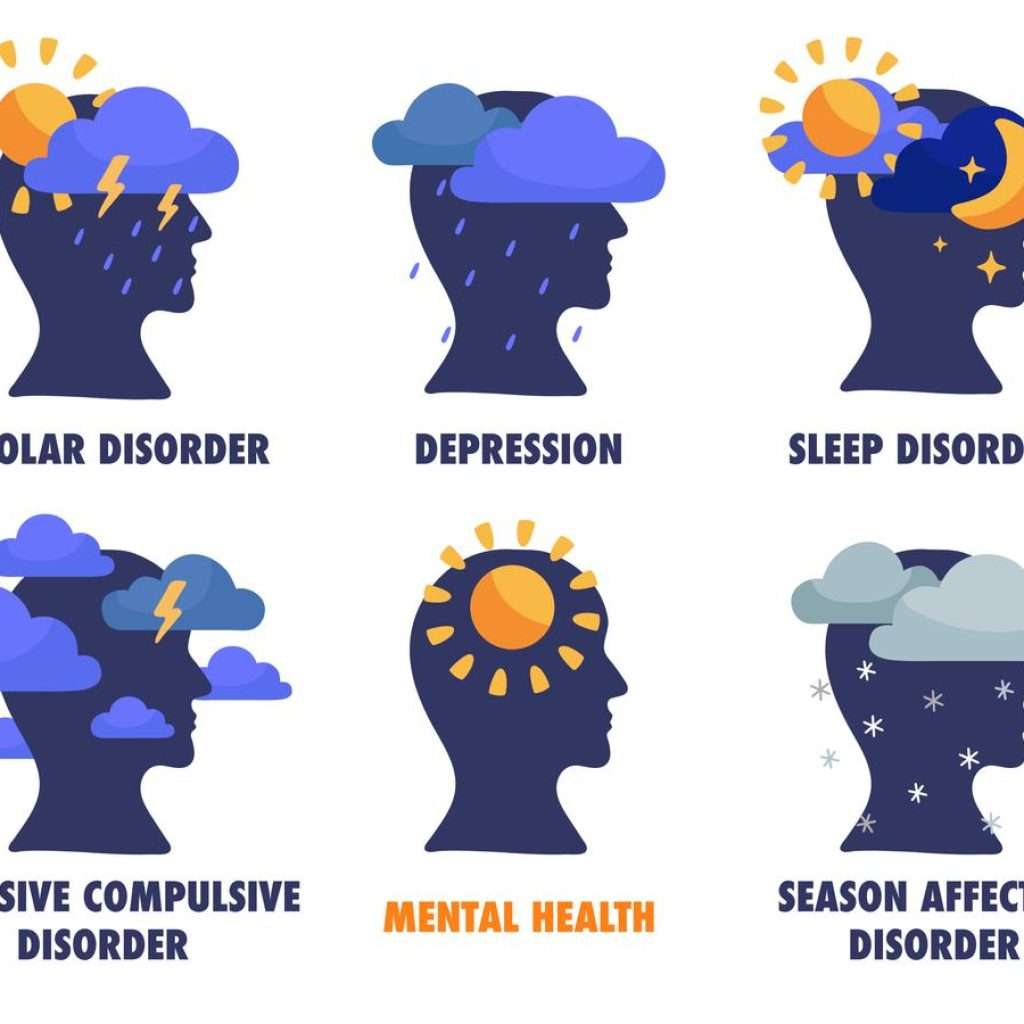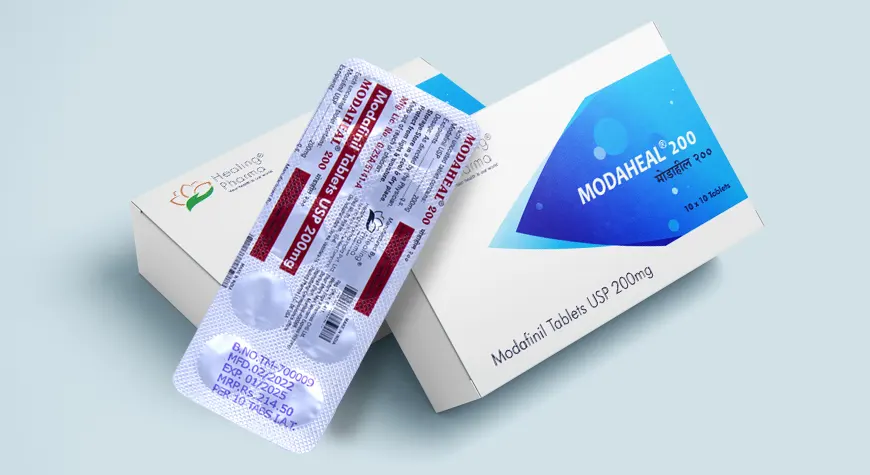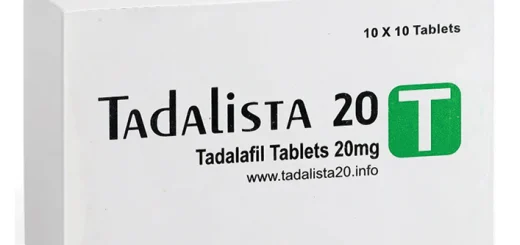6 Rare Mental Disorders: Overview

What are Rare Mental Disorders, and how are they diagnosed? It can be difficult to pin down exactly what constitutes a mental illness, and the meaning of the term has evolved over time. First, a mental health professional needs to come up with a clear description of the disorder. If you suspect someone may be mentally ill, how do you make that diagnosis? Where is the line drawn between normal and abnormal?
The way people think feel, and act tells us what kind of mental illness or condition they have. Your mental health can affect your daily life, your relationships, and even your physical health. However, the link can also work in the opposite direction; variables in people’s lives, interpersonal relationships, and physical conditions can all lead to mental illness.
This article explains some of the rare mental disorders that you have never heard about. Some of the conditions may appear strange and straight out of a fantasy novel, with some unusual symptoms that can’t be described by any physiological phenomenon.
What are Mental Disorders?
Can you define mental health? Emotions, cognition, communication, education, and self-respect all depend on a healthy mind. Relationships, one’s own mental and emotional health, and the ability to make positive contributions to one’s community or society all depend on it. Both physical and mental health are necessary for a fulfilled life; they have an impact on one another.
People with mental illness often don’t want to talk about it because they feel ashamed. But mental illness isn’t something to be embarrassed about. It’s a physical problem like heart disease or diabetes, and mental health problems can be treated. We keep learning more about how people work, and there are treatments that can help people with mental health problems deal with them well.
Mental illnesses don’t care about age, gender, income, or other parts of a person’s cultural identity; they can happen to anyone. While mental disorders can occur at any age, they generally begin by age 24. Mental illness can take many forms; some may interfere with daily life, such as some phobias, and some conditions are so severe that they don’t need immediate medical attention. Mostly, these rare mental disorders are managed by some medication and counseling.
6 Rare mental disorders you’ve never heard about
Imagine you have a mental disorder that makes you feel your significant other is an imposter out to hurt you, that books are for devouring, or worse, that you have somehow become the walking dead. What if you felt like yourself one day and then looked in the mirror and saw someone else? Isn’t it frightening?
Take some advice from their doctor to buy modaheal pills online to get mental health issues resolved. Some people have to deal with these scary thoughts every day, which is sad. While some mental illnesses, such as depression, can arise on their own, others are the result of brain trauma or other injuries. Some of the most common Rare Mental Disorders are bipolar illness, obsessive-compulsive disorder, post-traumatic stress disorder, anxiety disorder, and autism spectrum disorder. While all of these mental illnesses, as well as many more not mentioned here, can be terrifying for those who are suffering, there are a few rare psychotic disorders that are particularly disturbing. We’ve listed below what we believe are the 15 deadliest rare mental disorders of all time.
- Multiple personality disorder or dissociative identity disorder:
Multiple personality disorder is a severe mental illness that is shown in a wide variety of films and television programs, but it is also a condition that is terribly misunderstood. In general, more than of those who have this illness frequently have two to three separate identities. According to a quite different American association, the main sufferers of dissociation disorder have issues with their memory, identity, emotion, perception, and sense of self.
Most of the time, they have multiple personalities and can stay as one person for hours or even years. They can change names at any time and without warning, and it’s almost impossible to convince someone with DID that they have it. People with DID disorder can’t live normal lives because of these things. As a result, they generally live in psychiatric institutions.
2. Obsessive-compulsive disorder (OCD):
Even though many people have heard of OCD and often make fun of it, very few really understand it. OCD can show up in many different ways, but the most common ones are extreme fear, anxiety, and repeated thoughts of worry. In this way, people do the same jobs over and over again. This helps people with OCD, who often have an obsession with cleanliness, feel better. Even worse, people with OCD are often aware that their fears are illogical, which makes them worry even more.
3. Histrionic personality disorder:
People with this personality disorder often act in a strange or dramatic way to get people’s attention. Most of these people are too self-centered and care too much about how they look. Their thoughts about themselves are skewed, and they get their sense of self-worth from what other people think of them. Even though society has no bearing on normal behavior, this person’s capacity for manipulation can occasionally make it challenging for them to get along with others.
- Autocannibalism:
Now we are getting into freaky areas of psychiatric disorders. Auto cannibalism has not been diagnosed as a mental health illness. It is a rare mental disorder that is often shown in horror movies, but it does occur in real life. It is commonly known as self-cannibalism a mental disorder where people eat some part of themselves. If you wish to understand some of the signs of this condition that some people practice as a habit. Yes, you read that correctly: nail-biting and nibbling on your finger’s dead skin is a sort of autocannibalism.
- Alice in Wonderland Syndrome:
Alice in Wonderland makes one problem worse. Just like Alice gets too big for her house, people with Alice in Wonderland Syndrome will hear things that don’t make sense, hear sounds that are either quieter or louder than they really are, see things that are bigger or smaller than they really are, and even lose their sense of how fast things are moving or how rough they feel. Fortunately, Alice in Wonderland syndrome is extremely rare and, in most cases, affects people in their 20s with brain tumors or substance abuse.

- Alien hand syndrome:
This rare mental disorders causes the person’s hands to move in strange ways that they can’t control. It’s as if their hands have a mind of their own. Alien hand syndrome is defined by hands that move on purpose but don’t want to. Some patients believe their hands will drown or harm them. The signs are still hard for doctors to figure out how to treat.
The right parietal lobe injury in particular is the cause of this peculiar behavior.
- Capgras delusion:
Capgras delusion, named after a French scientist known as Joseph Capgras, who was fascinated by the illusion of doubles, is a debilitating mental disorder in which a person believes that people around them have been surrounded or replaced by imposters. This is considered one of the rarer mental disorders. People who suffer from this disorder believe that they are always surrounded by imposters who are usually planning to harm them. Imposter syndrome is widespread among patients suffering from neurological disorders such as Alzheimer’s and dementia. People with bipolar illness and schizophrenia also go through this.
Mental disorders that affect decision-making:
Making decisions may be challenging for anyone, but for the millions of people living with any form of mental illness, making even minor decisions can be difficult. Too much thinking can make it hard to come to a clear decision. Worrying about what could go wrong can add a lot of stress to the process of making a choice. Also, having a mental illness can make it hard to decide what to do.
When someone’s thinking is slow, it’s almost impossible for them to choose anything. Delusional beliefs cause uncertainty, and obsessions, compulsions, or both can make it hard or impossible to make decisions.
You don’t have to get stuck; even if it’s hard, make a choice. Try these tips if mental illness is making it hard for you to decide what to do.
- Slowly and deeply inhale to cleanse your mind. Before making a choice, take a short walk to clear your mind.
- List the options, give each one a number, and then roll dice to decide.
- Consider the person you most admire.
- Make a list of some of the advantages and disadvantages of each option.
Being patient with yourself is one of the best decisions you can ever make.
Conclusion:
All mental illnesses and Rare Mental Disorders have the potential to severely compromise a person’s emotional and physical health. Keep in mind that extra care and attention are sometimes needed for unusual mental diseases. It’s ideal to get started on treatment right away.
[WPSM_AC id=4617]






